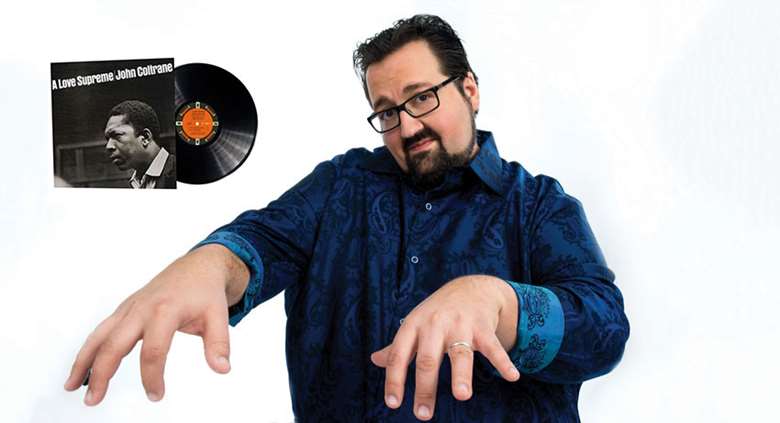Life-changing jazz albums: John Coltrane's 'A Love Supreme'
Friday, September 22, 2017
Hammond organ hero Joey DeFrancesco talks about the album that changed his life, A Love Supreme, by John Coltrane.


Register now to continue reading

Thank you for visiting Jazzwise.co.uk. Sign up for a free account today to enjoy the following benefits:
- Free access to 3 subscriber-only articles per month
- Unlimited access to our news, live reviews and artist pages
- Free email newsletter